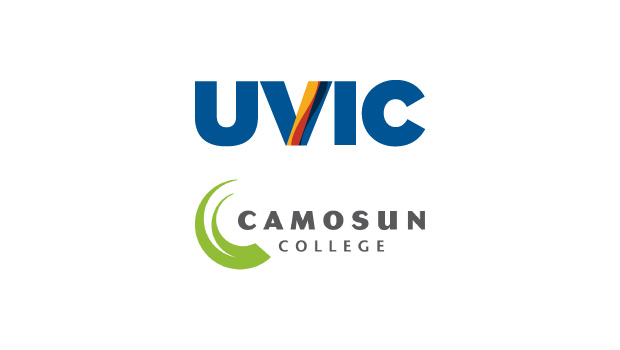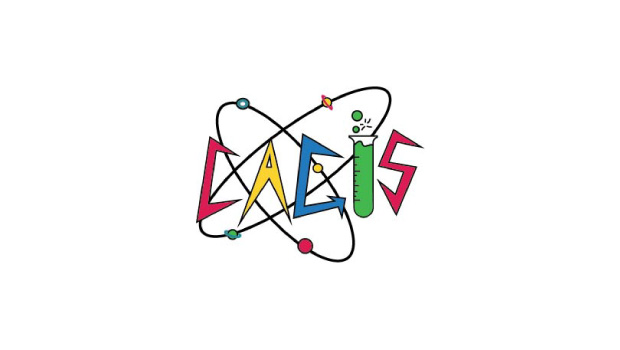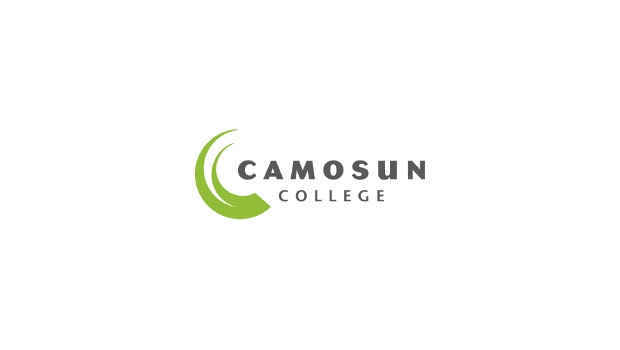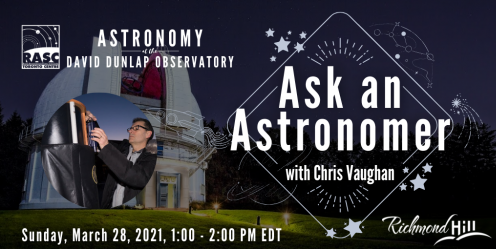
Ask an Astronomer with RASC-TC at the DDO Online
Join the Royal Astronomical Society of Canada - Toronto Centre, from the comfort of your home, to explore and understand the night sky! A DDO Astronomer will provide accurate and detailed answers to your astronomy and space-related questions in simple language using pictures, illustrations, and sophisticated computer simulations during these live video meetings. Deadline to register for this program is Friday, March 26, 2021 at 3pm. Prior to the start of the program, you will be emailed information on the virtual program links and any specific information relating to your program.
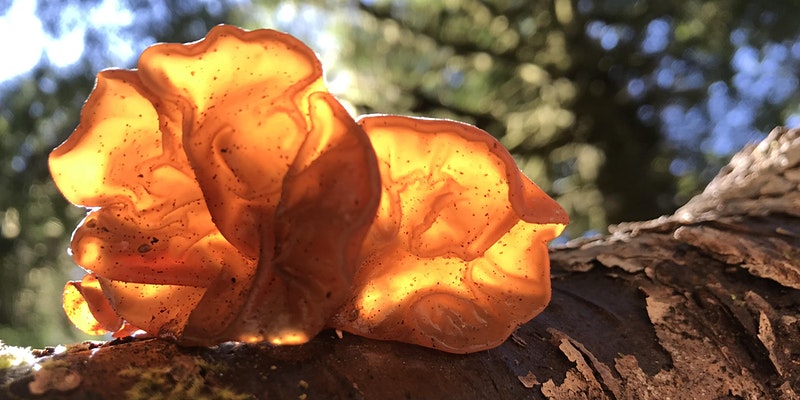
Walking the Mycelial Web – Sound Walk
Biosonificaiton is an emerging artistic technology that translates bioelectrical currents in living beings into an audio signal, allowing us to hear the life energy of fungi, plants, and animals. We will use a PlantWave biosonification unit to tune into mushrooms in the ravine, which will stimulate our imaginations for exploration in creative writing and drawing.
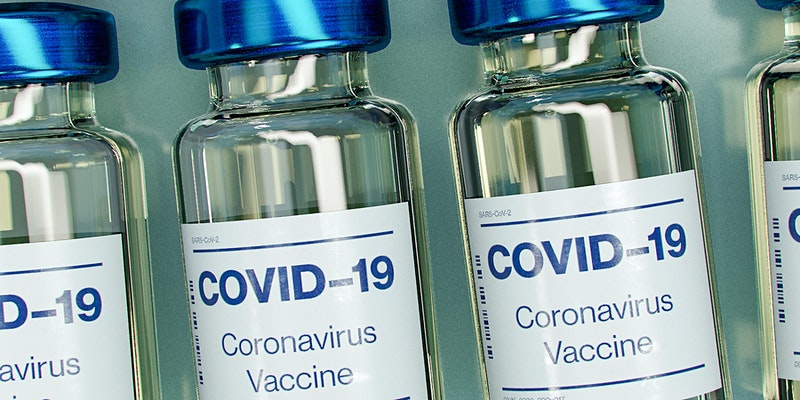
A Dose of Hope: The COVID-19 Vaccines
Vaccines have brought us a dose - or two - of hope in an otherwise relentlessly challenging pandemic. But it’s not vaccines that save lives: vaccinations do. And their invisible triumph over disease has made them a victim of their own success. Join RCIScience for an interactive panel discussion to discover the science behind the COVID-19 vaccines and understand why we have a complicated relationship with vaccines. We’ll answer your questions and discuss how the COVID-19 vaccines were safely developed and approved in record time without compromising safety, how they work, what to expect after you’re vaccinated, and how to combat misinformation and disinformation around vaccinations in your personal networks.
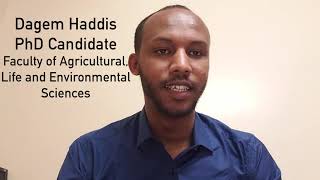
What Is Biomass Energy? | Ask An Energy Expert
Have a burning question about energy? Our past, present or energy future? This week, our question was submitted by an elementary school student: what is biomass energy? Launching at 9am EST, check out the response of Dagem Haddis, PhD candidate from the Faculty of Agricultural, Life and Environmental Science.
Do you have your own question? Submit at https://www.futureenergysystems.ca/resources/learning/submit-your-energy-question.
Check out Dagem's research: https://www.futureenergysystems.ca/research/researcher-directory/1248

Conversation en français sur l’EDI
Plongez dans une conversation en français avec deux ingénieurs et une étudiante sur les possibilités infinies qu’offre la profession.
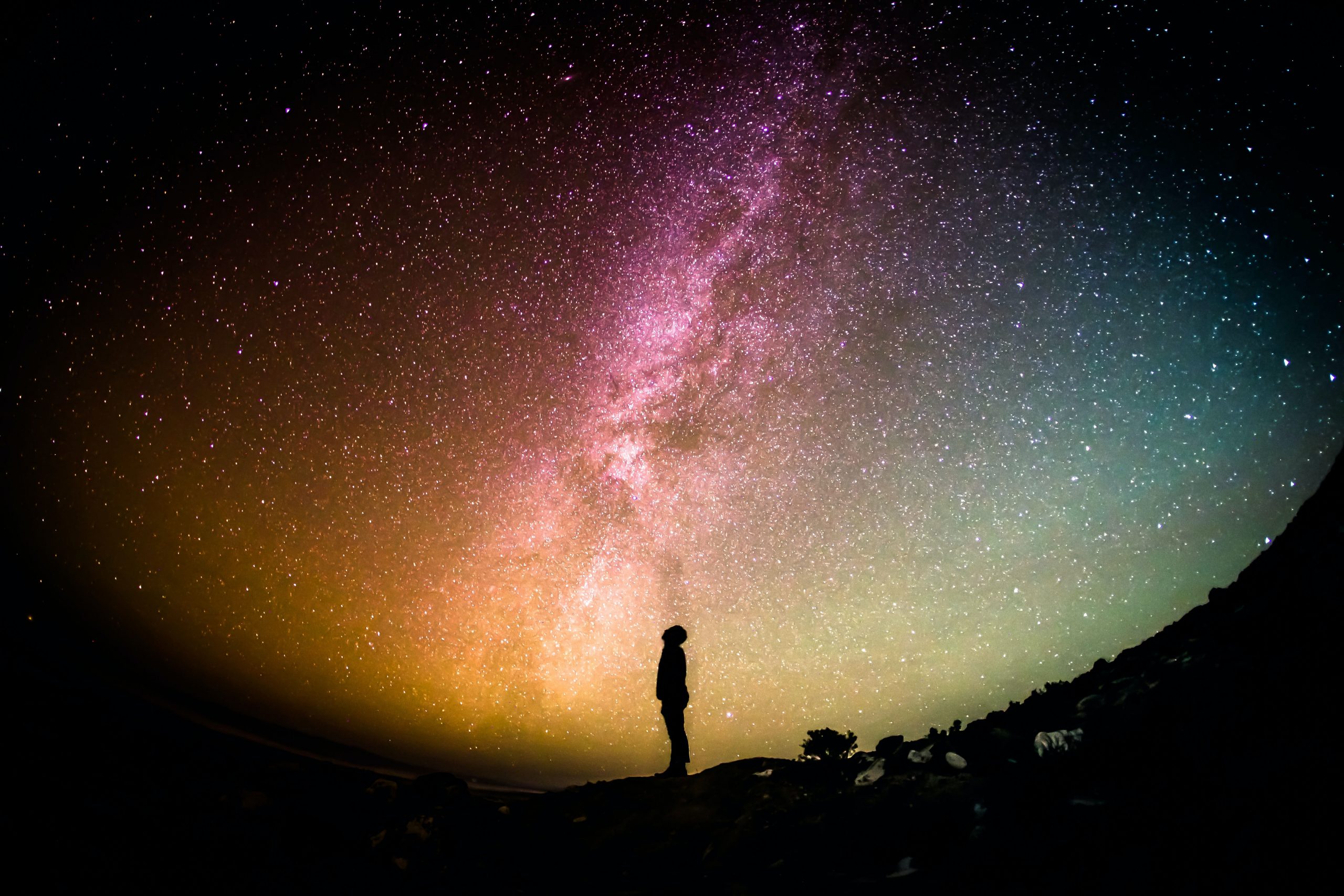
Insider’s Guide to the Galaxy: Observing the Aurora Borealis
Spring and fall, when the Earth's magnetic defenses are weaker, are the best times in the year to see the Northern Lights. We'll review the physics of the aurorae, including a Canadian connection, and show you how to be alerted when aurora are predicted.Those beautiful glowing curtains in the sky can be quite tricky to capture. We’ll talk about tips, tricks and tools you can use to help you observe and photograph this fleeting phenomenon.

The Future of Lifelong Learning
Explore how and why learning is changing in the 21st Century, how it’s become essential to personal growth and career survival and what trends might come next.
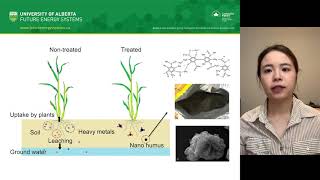
Cleaning Up Heavy Metals Using A Carbon Based Material | Energy In A Flash
In this video, we talk about the use of a carbon-based material made from coal (nano humus) as an adsorbent to remove heavy metals in coal mine reclamation.
Launching at 9am EST, Meet Yihan Zhao, a PhD Candidate in Dr. M Anne Naeth's lab in the Faculty of Agricultural, Life and Environmental Science. The research falls under the category: Monitoring, management, and mitigation. You can learn more at https://www.futureenergysystems.ca/research/researcher-directory/895.
Click here for the script so anyone can enjoy Energy In A Flash: https://www.futureenergysystems.ca/public/download/files/176638
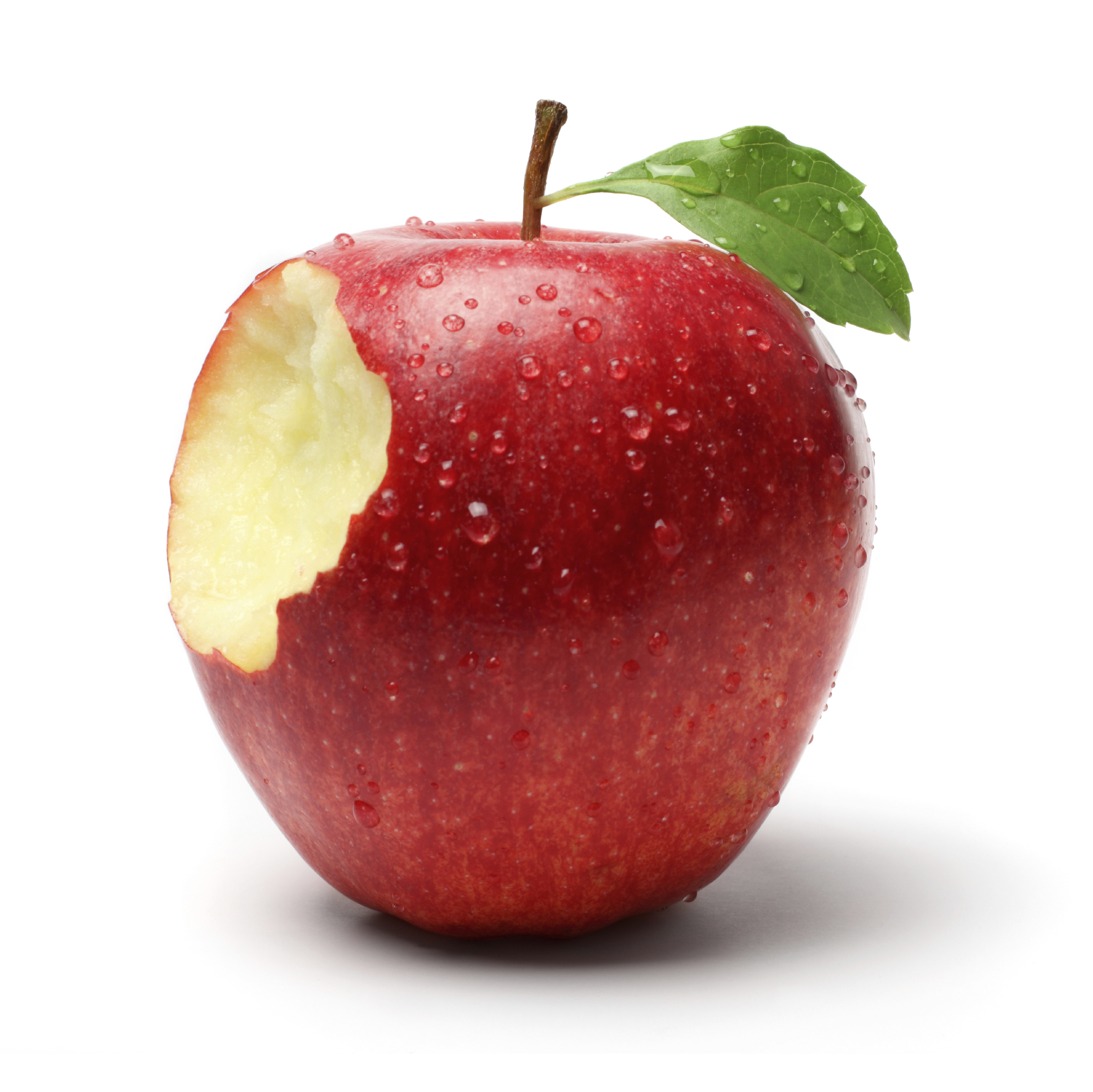
Nutritional oncology: the tip of the iceberg and what is looming underneath
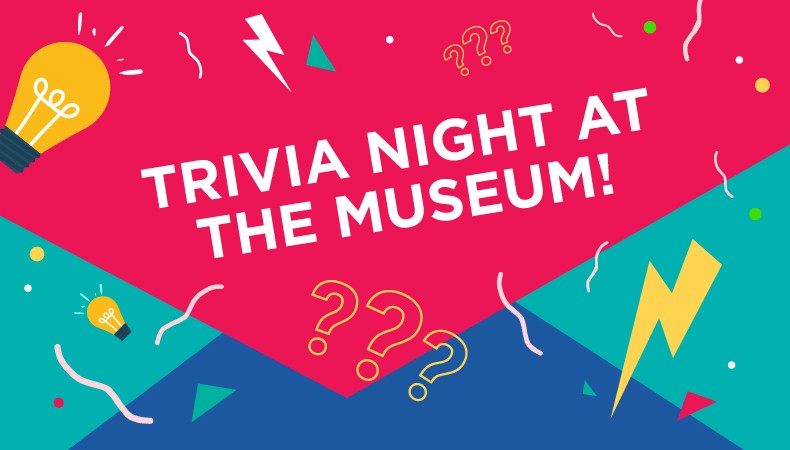
Canada Science and Technology Museum Trivia Night
Flex those factoid muscles with Ingenium’s virtual trivia night! It will be like your favourite pub trivia, just without the pub. On Thursday, April 1st, we’ll be hosting a STEM-themed bilingual trivia night over Zoom. Themes will include general knowledge, history, lost in the Ingenium archives, and more! The difficulty level of the questions will be geared towards an adult audience; however, the questions will still be suitable for kids (i.e. PG-13) if they want to participate.
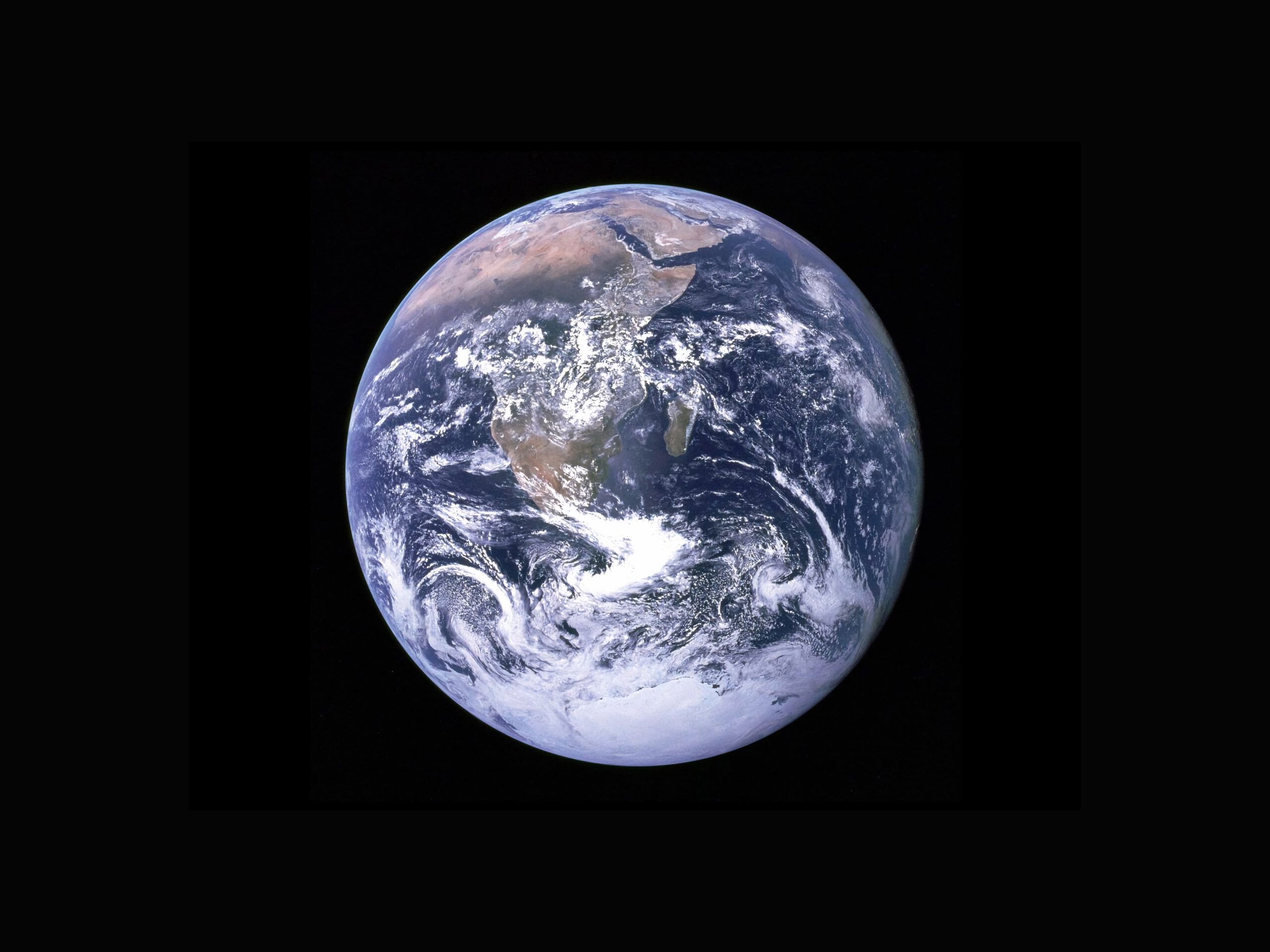
What Is Climate Change? | Ask An Energy Expert
Have a burning question about energy? Our past, present or energy future? This week, our question was submitted by a Grade 5 student: what is climate change? Launching at 9am EST, check out Marina Lazic’s, PhD Candidate from the Faculty of Science, Biological Sciences, response.
Do you have your own question? Submit at https://www.futureenergysystems.ca/resources/learning/submit-your-energy-question.
Check out Marina’s research at https://www.futureenergysystems.ca/research/researcher-directory/1157.

Masterminds Lecture Series – Plants, People, and Places: Lessons in Stewardship and Reciprocity
Indigenous Peoples worldwide have had close and reciprocal relationships with their environments and with the other species on which they depend. Their relationships are underlain with worldviews that encompass other lifeforms as our generous relatives, to whom we, in turn, owe respect and caring. The lessons are embedded in stories, ceremonies and practical teachings.
Presentation by Nancy Turner, PhD, former Hakai Professor in Ethnoecology, Professor Emeritus, School of Environmental Studies
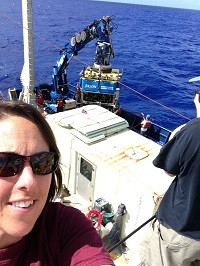
Biology Seminar- Sheryl Murdock PhD Seminar
Sheryl Murdock, PhD Seminar
SEOS, UVic
“Cutting through the noise: what co-occurrences can tell us about microbial ecology at deep-sea hydrothermal vents”
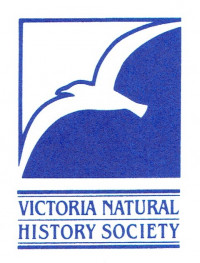
The BC Parks iNaturalist Project: Using Community Science to Inform Conservation
NATURAL HISTORY NIGHT The BC Parks iNaturalist Project: Using Community Science to Inform Conservation iNaturalist is the largest community science platform in the world, and it’s growing exponentially. John Reynolds and Brian Starzomski will explore the ways in which community science projects such as iNaturalist can be used to learn about biodiversity, emphasizing its use in documenting species in BC’s provincial park system. They will also consider how iNaturalist and other community science platforms are informing conservation assessments, with an emphasis on Canadian species at risk.
To join us, please register in advance for this meeting by entering this link in your browser and following the instructions: https://zoom.us/meeting/register/tJwpc-ChrTgqE9SJXYKQo7ycE1anKPx9teih or go to the VNHS online calendar and click on the link in the April 13 Marine Night entry. After registering, you will receive a confirmation email containing a URL link and a passcode which you enter at the time of the talk.
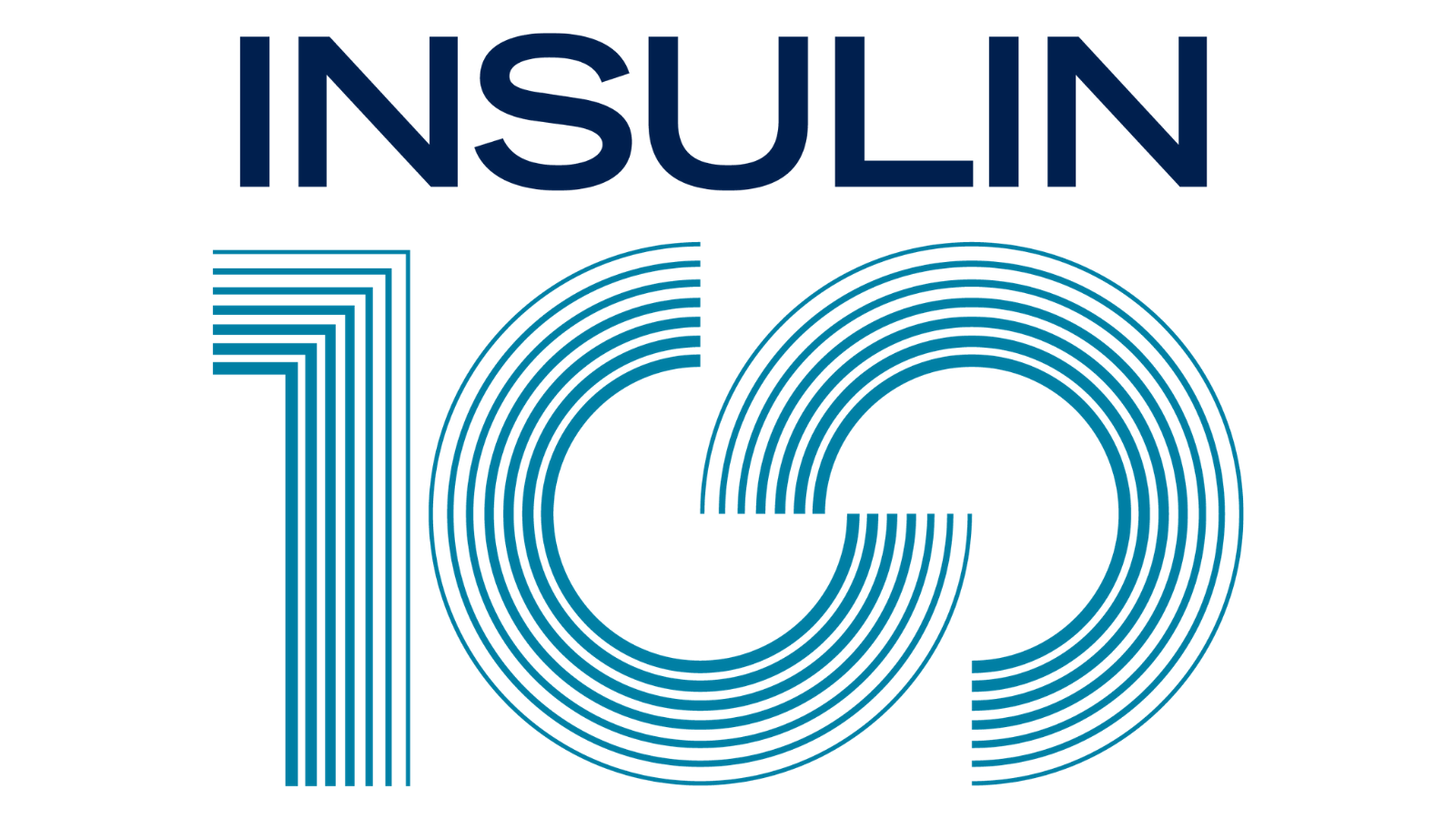
A Scientific Symposium: In celebration of the 100th anniversary of the University of Toronto’s discovery of insulin
The Scientific Symposium will provide comprehensive updates on the latest advances in diabetes treatment and management through a series of online educational sessions and live, online, panel discussions with the experts. Educational sessions will include the latest information on the management of diabetes and its complications, practical tips and proven strategies for improving patient care, and translation of the latest diabetes research into clinical practice. These sessions will be recorded for posterity and retained on the Scientific Symposium website as an educational repository for long term access referencing.

Microbiota, Probiotics and Inflammatory Bowel Disease: Where are we and where are we going?

Let’s Talk AI: The future of Artificial Intelligence for intelligent humans
The COVID-19 pandemic accelerated the digital shift at a surprising pace - but also served to expose the inequalities and injustices in our society. Artificial Intelligence (AI) is promising solutions to global problems - but could make them so much worse.
With intelligent technologies quickly outperforming humans, what is the role today’s young leaders will play in the world of tomorrow? Can we use AI to build a better future? Is there space for non-technical students to get involved? This 2-hour event will provoke debates, inspire action and encourage teens to consider what their unique perspective and skillset can bring to AI.

Liquid Rainbows and Non-Newtonian Fluids – Ages 7 to 12
Quick — what can change its shape to fit any container, squeeze into the narrowest places, and even defy gravity? If you said a liquid, you are right! In this session, we’re going to explore the amazing properties of fluids. We will stack colourful liquids in a jar to make a rainbow. Then, mix a gooey batch of oobleck to learn more about non-Newtonian fluids and why viscosity matters to research and development chemists when designing a new lotion or shampoo.

Liquid Rainbows and Non-Newtonian Fluids – Ages 11 to 16
Quick — what can change its shape to fit any container, squeeze into the narrowest places, and even defy gravity? If you said a liquid, you are right! In this session, we’re going to explore the amazing properties of fluids. We will stack colourful liquids in a jar to make a rainbow. Then, mix a gooey batch of oobleck to learn more about non-Newtonian fluids and why viscosity matters to research and development chemists when designing a new lotion or shampoo.
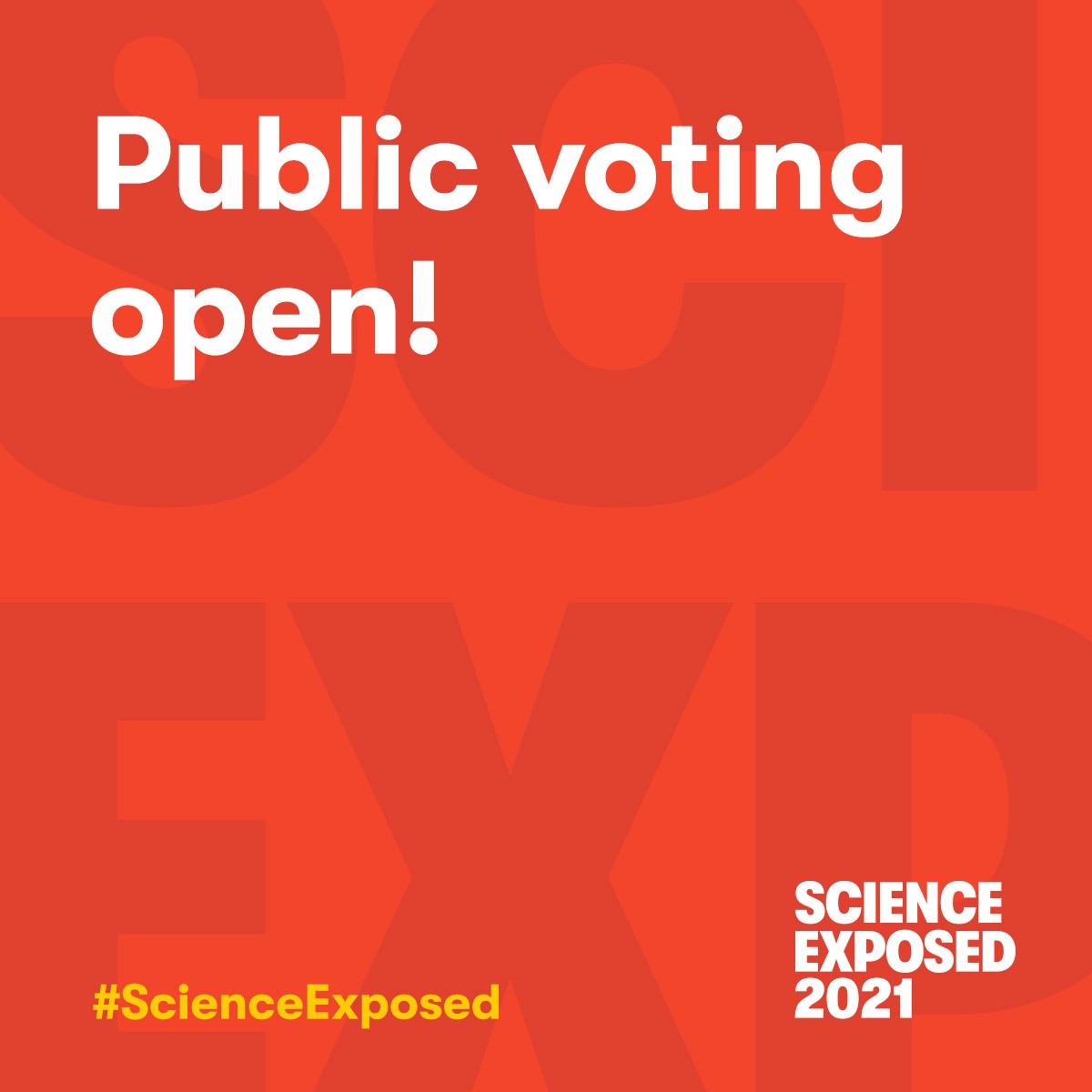
Vote for your favorite research image and be amazed!
Scientific researchers in Canada see amazing things through the microscope lens and out in the field. Science Exposed is an annual research image contest revealing the beauty and wonder of their scientific observations while telling you more about their work. The perfect mix of science and art to surprise you and ignite your curiosity!
This year's Science Exposed public voting is now open! View the top 20 research images and descriptions to vote for the 2021 People's Choice Award. One vote per person and email address.
This contest is presented by the Natural Sciences and Engineering Research Council of Canada (NSERC)
-
-
Les chercheuses et chercheurs du Canada observent des merveilles sur la lame de leur microscope et sur le terrain. Le concours d’images de recherche, La preuve par l’image, nous permet de jeter un coup d’œil sur la recherche qui se déroule au Canada et de nous émerveiller de la beauté de leurs observations scientifiques. C’est la parfaite alliance entre la science et l’art qui saura vous surprendre et vous intriguer tout à la fois!
Votez pour votre image de recherche préférée parmi les 20 finalistes du concours La preuve par l’image de cette année. Voyez les images épatantes de chercheuses et chercheurs pouvant remporter le Prix du public Découverte.
https://ici.radio-canada.ca/concours/la_preuve_par_l_image/2021/
Ce concours est présenté par l'Acfas en collaboration avec le Conseil de recherches en sciences naturelles et en génie du Canada (CRSNG).

